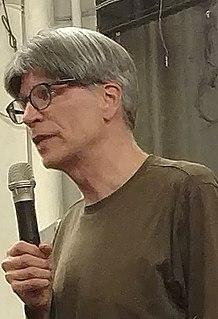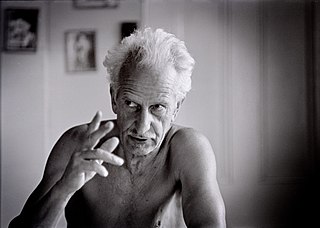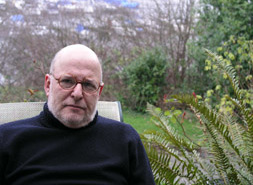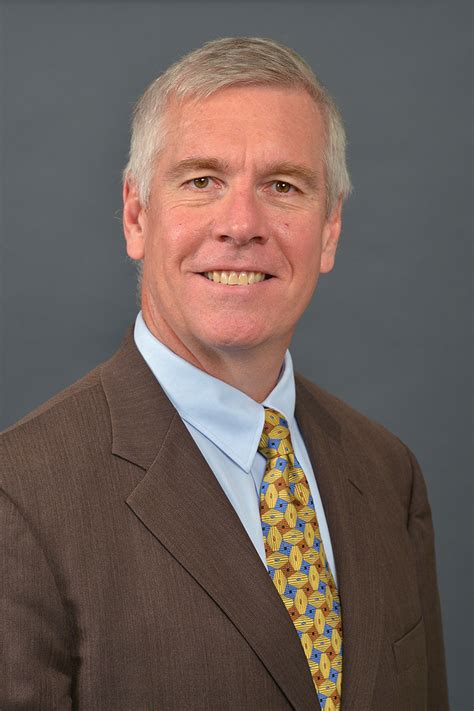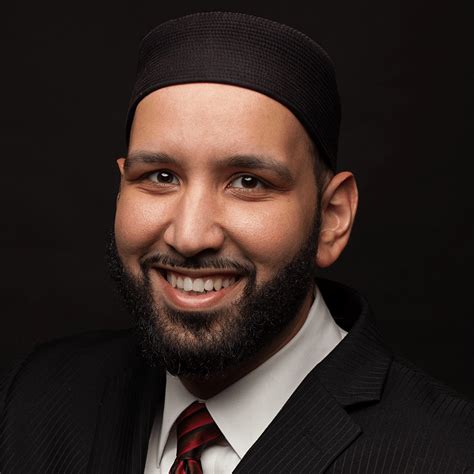A Quote by Richard Powers
Related Quotes
Selfish is an exploitation of others for self; selfless is an exploitation of self for others. Both are extrinsic. ..... Selfness. When selfness prevails, the qualities of others are sometimes used for self and the qualities of self are often extended to others. The basic and key difference is that exploitation is never the object of the outcome.
Since [narcissists] deep down, feel themselves to be faultless, it is inevitable that when they are in conflict with the world they will invariably perceive the conflict as the world's fault. Since they must deny their own badness, they must perceive others as bad. They project their own evil onto the world. They never think of themselves as evil, on the other hand, they consequently see much evil in others.
